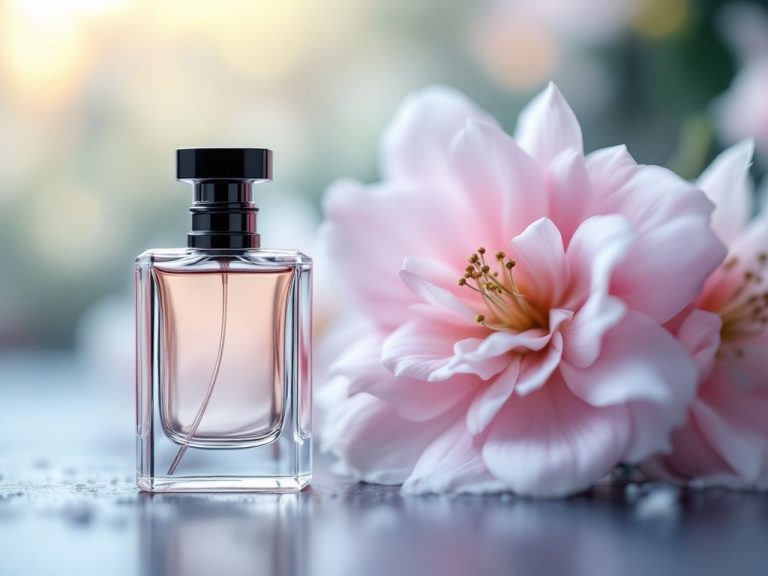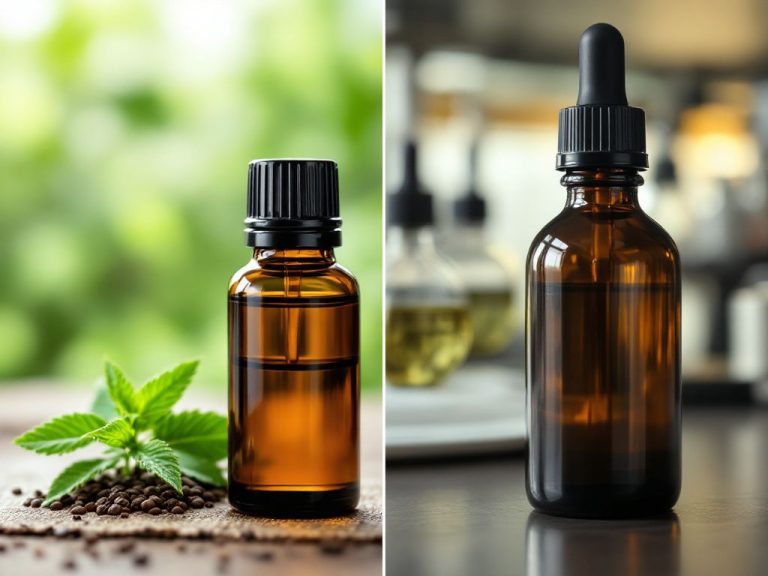
The Ultimate Guide to Perfumes and Colognes
Perfumes and colognes have an uncanny way of weaving themselves into our experiences, evoking memories and emotions we didn’t even know were stored away in these delicate vials. All about perfumes and colognes might sound interchangeable, but there’s an essential distinction, namely in concentration.









